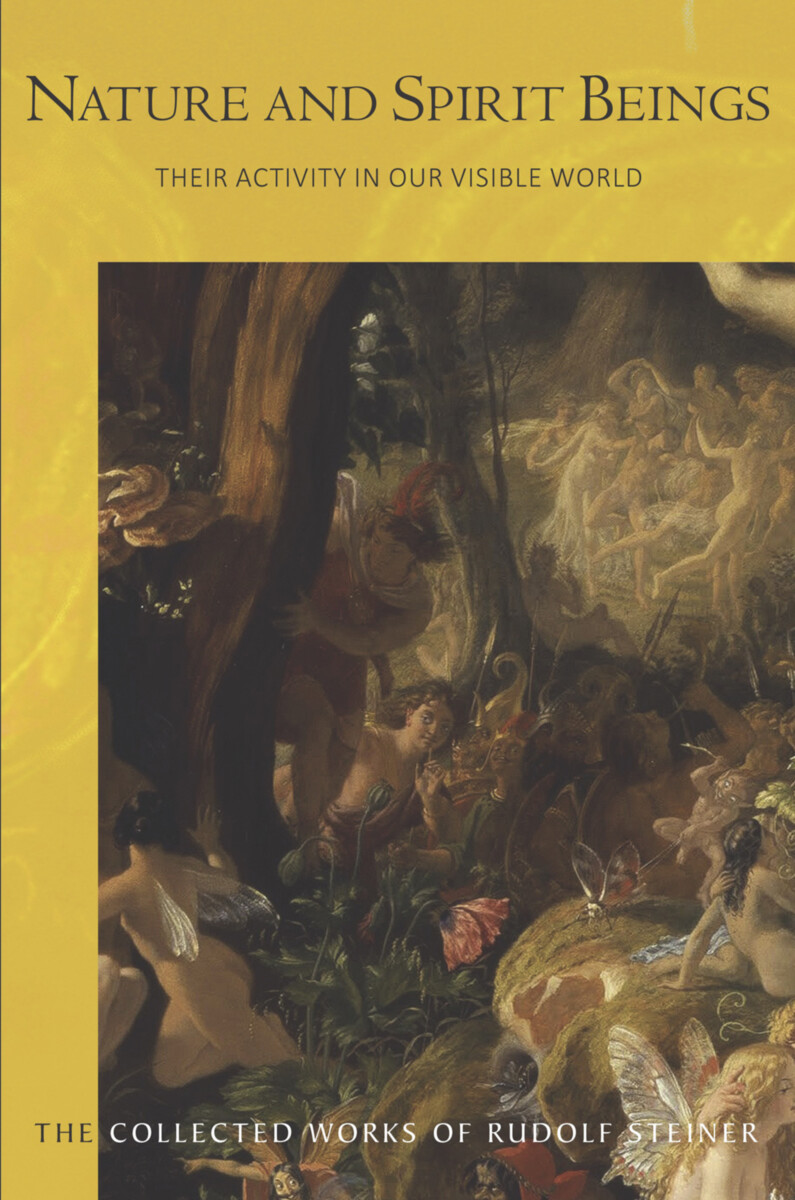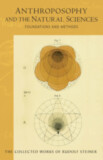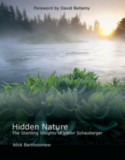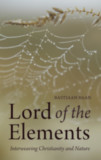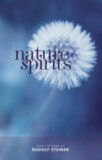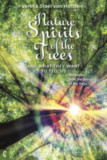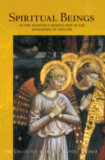Nature and Spirit Beings
Their Activity in Our Visible World (CW 98)
- Publisher
Rudolf Steiner Press - Published
13th September 2022 - ISBN 9781855846005
- Language English
- Pages 282 pp.
- Size 6" x 9.25"
18 lectures in various cities, November 5, 1907 – June 14, 1908 (CW 98)
“Suppose you have seen an event, have formed an idea about it, and you say something that is not true—in other words, something that is a lie. Then what flows from the object is correct and what flows from you is false and this collision is a terrible explosion; and each time you do this, you attach a gruesome being to your karma which you cannot get rid of again until you have made good what you lied about.” — Rudolf Steiner
In this previously untranslated volume of lectures, Rudolf Steiner presents shattering insights regarding the interaction of human and spiritual beings. He speaks, for example, about how perfumes can give certain spirits access to people on earth, or how phantoms, specters, and demons can be created through human deficiencies—or even how the arts of architecture, sculpture, painting and music allow “good” or “hideous” entities to enter our world. As he states: “Learning about the effects of spiritual beings is of much greater help than moral preaching. A future humanity will know what it is creating through lies, hypocrisy and slander.”
The lectures are divided into two broad thematic groups. The first relates to the inner path of knowledge and its relationship to the yearly festivals. The second focuses on the work of elemental beings in our everyday world. These eighteen lectures are complemented with notes, an index, and an introduction by Christian von Arnim.
This book is a translation from German of Natur- und Geisteswesen – ihr Wirken in unserer sichtbaren Welt (GA 98). Cover image: The Quarrel of Oberon and Titania (1949, detail), by Sir Joseph Noel Patton (1821–1901); Scottish National Gallery, Edinburgh.
C O N T E N T S:
Introduction by Christian von Arnim
1. The So-called Dangers of Occult Development
2. Esoteric Development and Supersensory Knowledge
3. Rosicrucianism
4. “The Mysteries”—A Christmas and Easter Poem by Goethe
5. The Whitsun Festival of Joint Spiritual Striving and Spiritualizing the World
6. The Whitsun Festival of Joint Spiritual Striving and Working toward Spiritualizing the World
7. The Relationship of Human Beings to the World around Them
8. The Elemental Kingdoms, their Nature, and Their Actions
9. The Human Being’s Relationship with Nature
10. The Effects of Some Supersensory Beings on the Human Being
11. The Group “I”s of Animals, Plants, and Minerals I
12. The Group “I”s of Animals, Plants, and Minerals II
13. Some Supersensory Facts and Beings
14. Influences from Other Worlds on the Earth
15. Earth and Human Development
16. The Connections between Worlds and Beings
17. Elemental Beings and Other Higher Spiritual Beings
18. Beings that Influence the Human Being
Notes
Rudolf Steiner’s Collected Works
Significant Events in the Life of Rudolf Steiner
Index
Rudolf Steiner
Rudolf Steiner (b. Rudolf Joseph Lorenz Steiner, 1861–1925) was born in the small village of Kraljevec, Austro-Hungarian Empire (now in Croatia), where he grew up. As a young man, he lived in Weimar and Berlin, where he became a well-published scientific, literary, and philosophical scholar, known especially for his work with Goethe’s scientific writings. Steiner termed his spiritual philosophy anthroposophy, meaning “wisdom of the human being.” As an exceptionally developed seer, he based his work on direct knowledge and perception of spiritual dimensions. He initiated a modern, universal “spiritual science” that is accessible to anyone willing to exercise clear and unbiased thinking. From his spiritual investigations, Steiner provided suggestions for the renewal of numerous activities, including education (general and for special needs), agriculture, medicine, economics, architecture, science, philosophy, Christianity, and the arts. There are currently thousands of schools, clinics, farms, and initiatives in other fields that involve practical work based on the principles Steiner developed. His many published works feature his research into the spiritual nature of human beings, the evolution of the world and humanity, and methods for personal development. He wrote some thirty books and delivered more than six thousand lectures throughout much of Europe. In 1924, Steiner founded the General Anthroposophical Society, which today has branches around the world.


